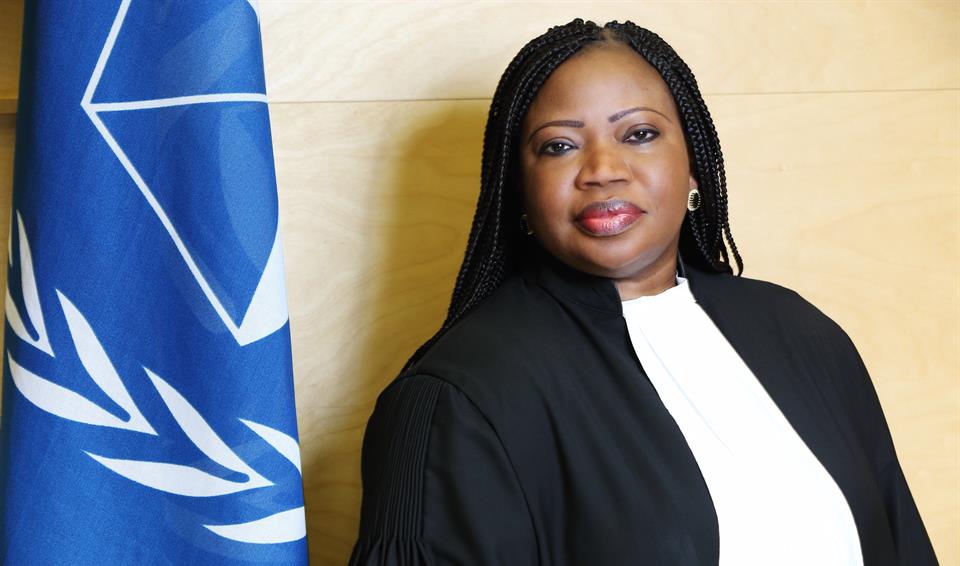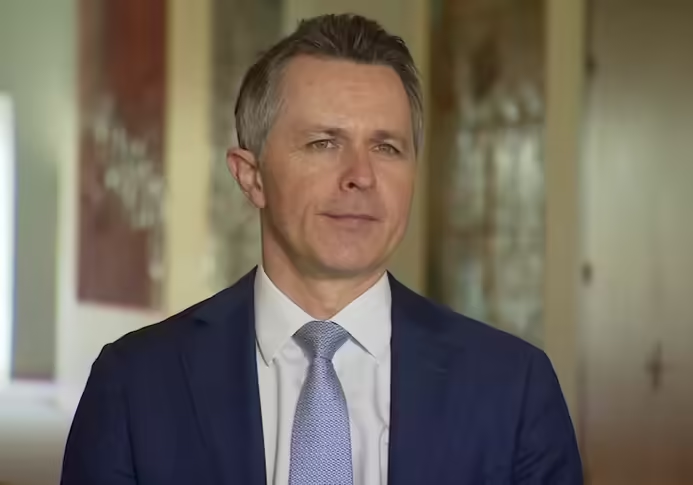Australia/Israel Review
Media Microscope: Courting Controversy
Mar 5, 2021 | Allon Lee

The International Criminal Court’s (ICC) pre-trial finding that a “State of Palestine” exists which can legitimately give the court jurisdiction to investigate alleged war crimes in Gaza and the West Bank was widely reported in the media as largely directed at Israel.
An Age/Sydney Morning Herald report (Feb. 6) was headlined “ICC clears the way for Israeli war crimes probe”. The online version stated that “The ICC could also potentially investigate crimes committed by Palestinian militants. [ICC prosecutor Fatou] Bensouda has said her probe would look into the actions of Hamas, which fired rockets indiscriminately into Israel during the 2014 war.” Yet this was cut from the papers’ print edition.
Both versions of the article did note that “Israel’s military has mechanisms to investigate alleged wrongdoing by its troops, and despite criticism that the system is insufficient, experts say it has a good chance of fending off ICC investigation into its wartime practices.”
The content and headline on the ABC’s website (Feb. 6) were similar.
On SBS TV “World News” (Feb. 6) newsreader Anton Enus said the decision “pav[es] the way for an inquiry into allegations of war crimes by both” and reporter Rena Sarumpaet said Bensouda “previously cited Gaza’s rulers Hamas and other armed groups there for firing rockets into civilian areas in Israel and using Palestinian civilians as human shields.”
An SBS online report (Feb. 7) quoted a Human Rights Watch spokesperson saying that it was “high time that Israeli and Palestinian perpetrators of the gravest abuses” faced justice.
On the Spectator Australia’s website (Feb. 9), British commentator Stephen Daisley was less credulous, saying, “The pre-trial chamber opinion is keen to stress that it would be looking for potential ‘war crimes’ committed by Israel or the Palestinians. But anyone with a passing familiarity… knows which of the two is likely to face greater scrutiny.”
A Courier Mail (Feb. 7) report explained that “Gaza is controlled by the Islamist group Hamas…[which] ousted loyalists of Palestinian president Mahmoud Abbas from the territory in 2007” and quoted Israeli PM Binyamin Netanyahu’s accusation that the ICC has undermined the right of democracies to defend themselves against terrorism.
On Feb. 7, Sky News’ Sharri Markson said of the decision, “The ICC now looks like the rest of the United Nations, another discredited organisation, politicised with little credibility.” Her guest, Liberal Senator James Paterson, concurred.
In the Australian (Feb. 8), University of Wollongong Professor Greg Rose called the decision “predictable” and “primarily political”, adding that Bensouda had “collaborated closely with the Palestinian Authority and NGOs.”
Prof. Rose noted that “The most important feature of the judgment is that it finds the ‘state of Palestine’ was established under UN General Assembly resolution 67/19 in 2012…[and] elevate[s] UN General Assembly recommendations into international law for the ICC to enforce… This undemocratic global legalism merely empowers lawyers… It is a legal regime for a fantasyland.”
The Australian editorialised (Feb. 9) that President Abbas’ “real aim is… to achieve Palestinian statehood through the back door with recognition of it by key international bodies… rather than through negotiating directly with Israel.” The editorial quoted AIJAC’s Dr. Colin Rubenstein saying that “Palestine is not a state and international law should not be abused in order to manufacture one. A Palestinian state will only be created after negotiations with Israel to resolve important issues such as borders, refugees and the status of Jerusalem.”
In the Canberra Times (Feb. 23), AIJAC’s Allon Lee also noted that the judges had relied “almost solely” on a UN General Assembly resolution to recognise a Palestinian state, noting that these kinds of “resolutions are not legally binding.” Moreover, “thanks to the automatic support of the 57 members of the Organisation of Islamic Cooperation and some additional allies, the PA routinely musters enough votes to pass politically charged, factually dubious General Assembly resolutions such as that one.”
Lee added that the decision was reached by “trashing… legal principles… According to the [ICC’s] Statute…only signatories to it can be investigated, unless the ICC receives a [UN Security Council referral] …Israel has not joined the ICC and no Security Council referral has been issued… The ICC was established to investigate the most heinous war crimes in circumstances where a country cannot or will not do so… Israel’s… fiercely independent legal system routinely investigates and, if required, prosecutes individuals accused of the sorts of crimes that fall under the ICC’s purview.”






